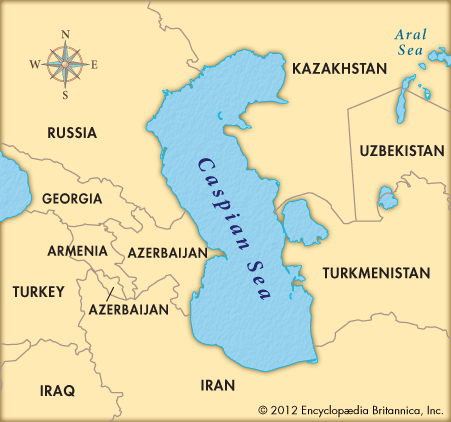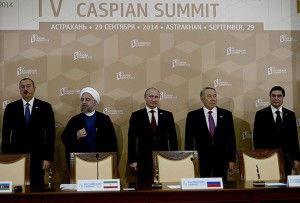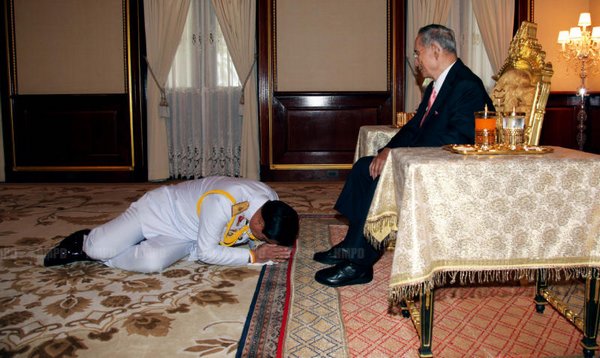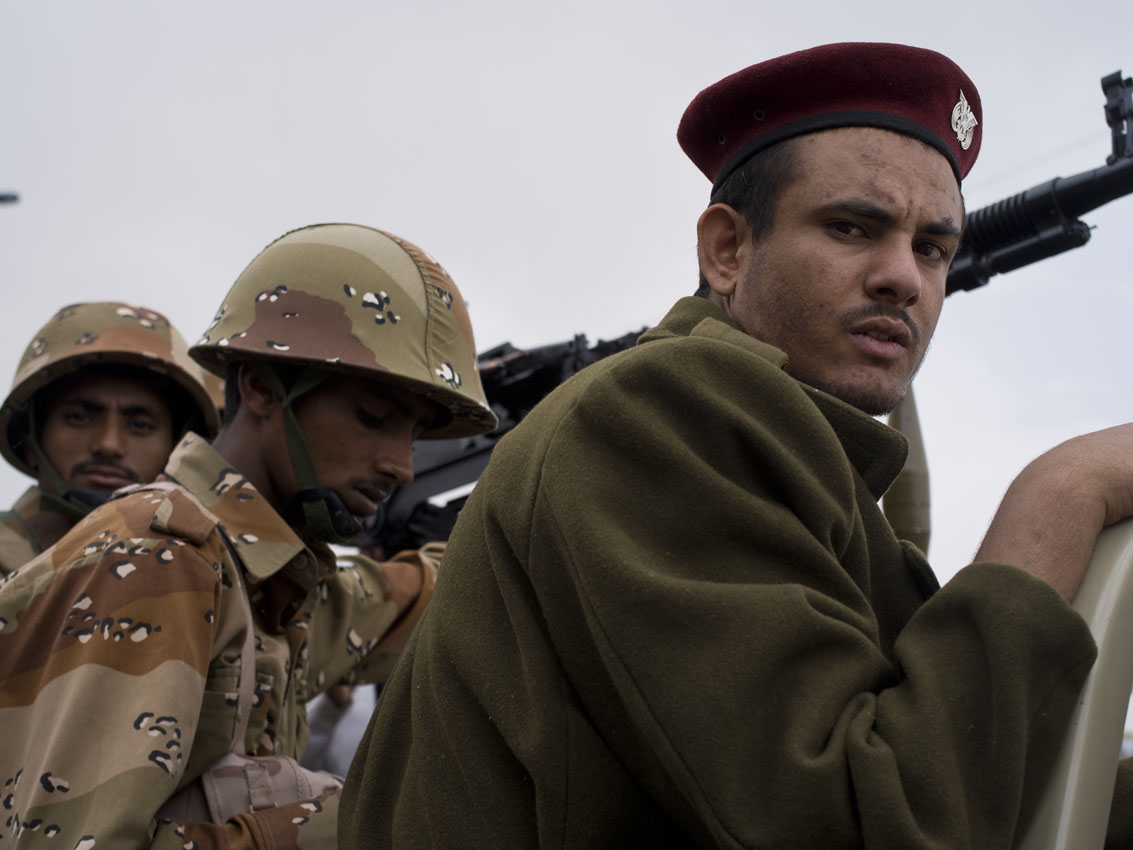
In light of Russia’s recent proposition of establishing a “collective security system” in the Caspian Sea, the Russian Defence Minister Sergei Shoigu visited Azerbaijan on October 13, 2014. Under this system, in the year 2015, the two countries will commence a series of collaborative naval exercises in the region, with the creation of a council of naval commanders. The aim of the system is to ensure transparency of military navigation, and prevention of aircraft incidents on the Caspian Sea, and the airspace above it. This development follows the recently concluded VI Caspian Summit in Astrakhan, Russia, where the heads of the Caspian Five (Russia, Iran, Turkmenistan, Kazakhstan and Azerbaijan) deliberated on matters concerning the legal status of the Caspian Sea. The system of collective security stems from a hidden Russian motive of ‘containment’, dating back to the cold war era.
The article will highlight the sticking points of the fourth Caspian Sea Summit, and its significance to the West, notably NATO.

The Caspian Sea, which is the world’s largest enclosed body of water in area, is positioned between Europe and Asia. For the past 18 years, contention has escalated over implementing a criterion for delimiting the sea’s basin (seabed and waters). Although, the Summit struggled to fully solve the long-pending issues, there was a real breakthrough. Russia and Iran, in particular, succeeded in locking out the NATO forces from the Caspian Sea. According to the political declaration signed by the Caspian littorals, the deployment of foreign military troops in the sea’s basin is no longer permissible, and the Caspian five will possess exclusive sovereignty over the region. These countries would have the ability to deploy armaments and armed forces on the Caspian, while preventing foreign naval troops from entering the region.
The deployment of foreign military troops in the sea’s basin is no longer permissible, and the Caspian five will possess exclusive sovereignty over the region
Both Russia and Iran have high stakes in the successful implementation of the joint declaration. Amid tense diplomatic relations with the United States over its position in Ukraine, and the US’ increasing attempts to improve cooperation with former soviet republics, Russia is trying to maintain regional power. To do so, it has reignited the cold war strategy of preventing the former Soviet republics from entering the Western realm of influence.
Countries such as Azerbaijan, Turkmenistan and Kazakhstan have been actively engaging with the U.S. and Europe over energy and security related issues, to keep the Russian powers in check. Azerbaijan, in particular, is NATO’s closest and most reliable naval ally, given its hold on vast amounts of oil and gas reserves in the Caspian area. Kazakhstan, too, proposed talks for the establishment of a naval base catering to Washington’s needs in the northwestern port Aktau. In return, the US has strengthened its ties with these countries by aiding them in their military defences and development of navies.
By sealing off the Caspian Sea from foreign military troops, Russian has taken an important step forward in its foreign policy of fighting growing Western influence in the region, by disguising it as “guaranteeing stability and security.” Russia’s attempt to intensify bilateral relations with the Caspian littorals (the enactment of a collective security system with Azerbaijan) is an indication of smart foreign policy tactics. In a similar vein, for Iran, the political declaration, by limiting the US presence in the Caspian region, enables it to remain steady on its Nuclear Energy Program.
Russia’s attempt to intensify bilateral relations with the Caspian littorals (the enactment of a collective security system with Azerbaijan) is an indication of smart foreign policy tactics.
The joint declaration now makes any plan for a NATO military presence in the basin very unlikely, which may also have negative ramifications for energy security. The Trans-Caspian Gas pipeline is designed to carry gas from Turkmenistan to Azerbaijan, with a vision of connecting the pipeline to European Markets. Russia is completely against the project since it entails Western involvement, and with the political declaration inked, and the system of collective security instituted, the pipeline project may not come into effect.
To many, the agreement of the Caspian littorals, particularly Azerbaijan’s partnership with Russia, may come as a surprise; however, it is believed that they cooperate out of sheer fear of Russia. Essentially, Russia has achieved a breakthrough in terms of legitimizing a presence on the Caspian Sea and in Central Asia at large. Irrespective of the success achieved in solving the legal status of the Caspian, the summit gained momentum in keeping the non-littoral states out of the Caspian. With the Caspian Summit 2014, a New Cold War has been started, only this time Russia seems to have the upper hand. Sonia Hukil




